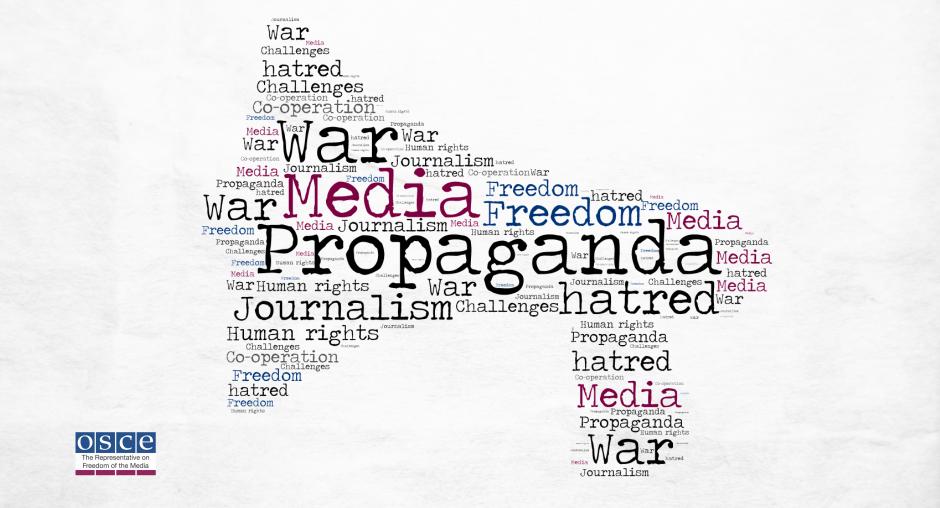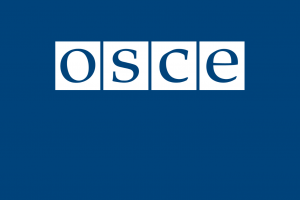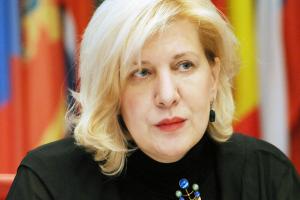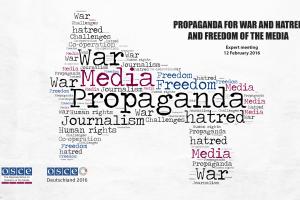Free media against disinformation and propaganda

Freedom of expression as a human right involves a positive obligation of governments to guarantee freedom of the media, which includes promoting and protecting diverse media. The human right to impart information and ideas is not limited to statements deemed “correct” by authorities but extends to information and ideas that may shock, offend and disturb.
This means that states may only impose restrictions on the right to freedom of expression and freedom of the media in accordance with international law. The United Nations International Covenant on Civil and Political Rights expressly bans propaganda for war and incitement to certain types of hatred.
However, there is also another type of propaganda, which may be against professional standards and the core values of journalism, but does not necessarily violate international law.
As previously stated by the OSCE Representative on Freedom of the Media, at all times, and especially in difficult times, blocking or banning media outlets is not an answer to the phenomenon of disinformation and propaganda, as it leads to arbitrary and politically motivated actions. Limits on media freedom for the sake of political expediency lead to censorship and, when begun, censorship never stops. Instead, the answer lies in more debate and media pluralism.
Below, you will find approaches on how to better tackle disinformation and propaganda, whilst safeguarding media freedom.





